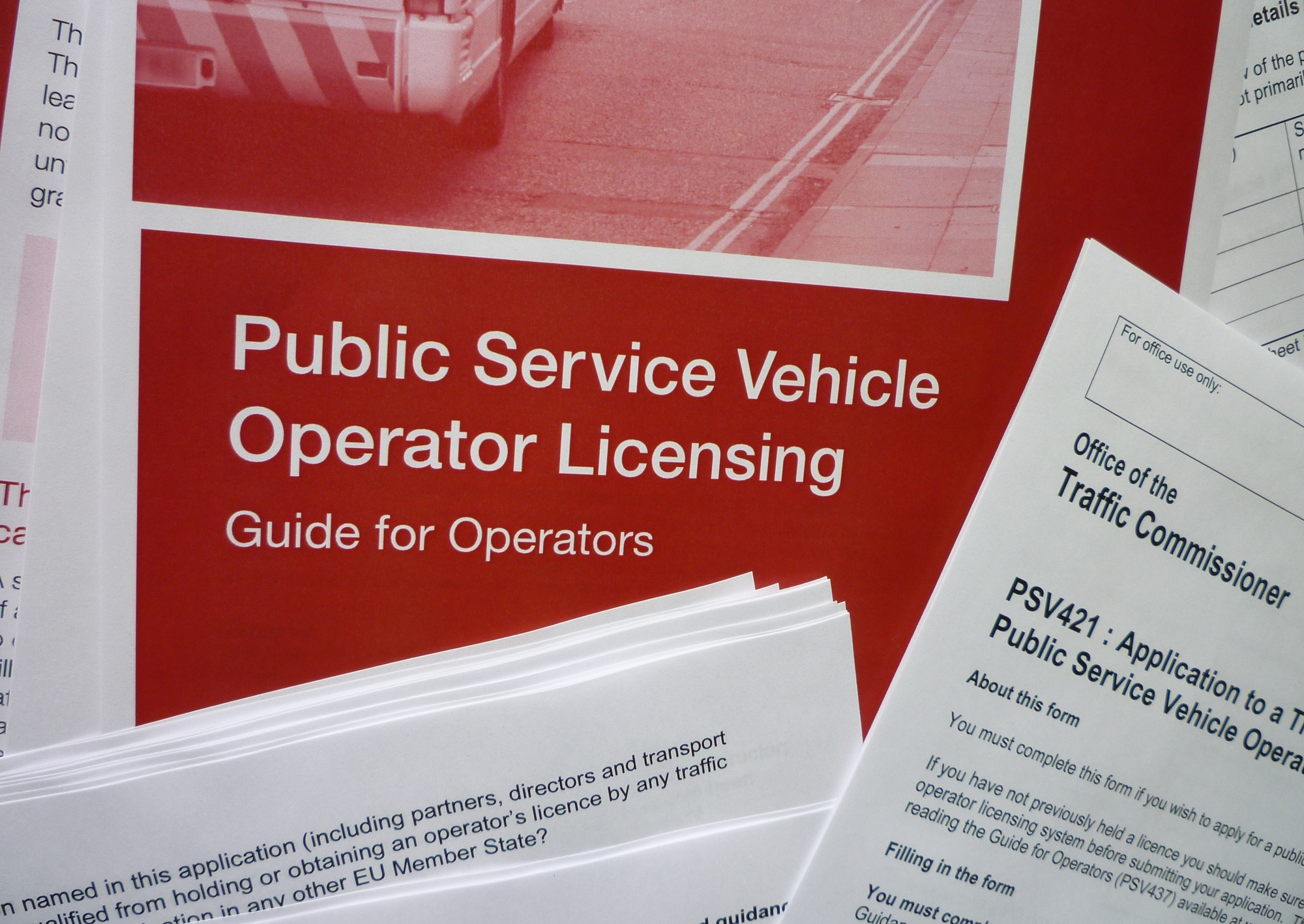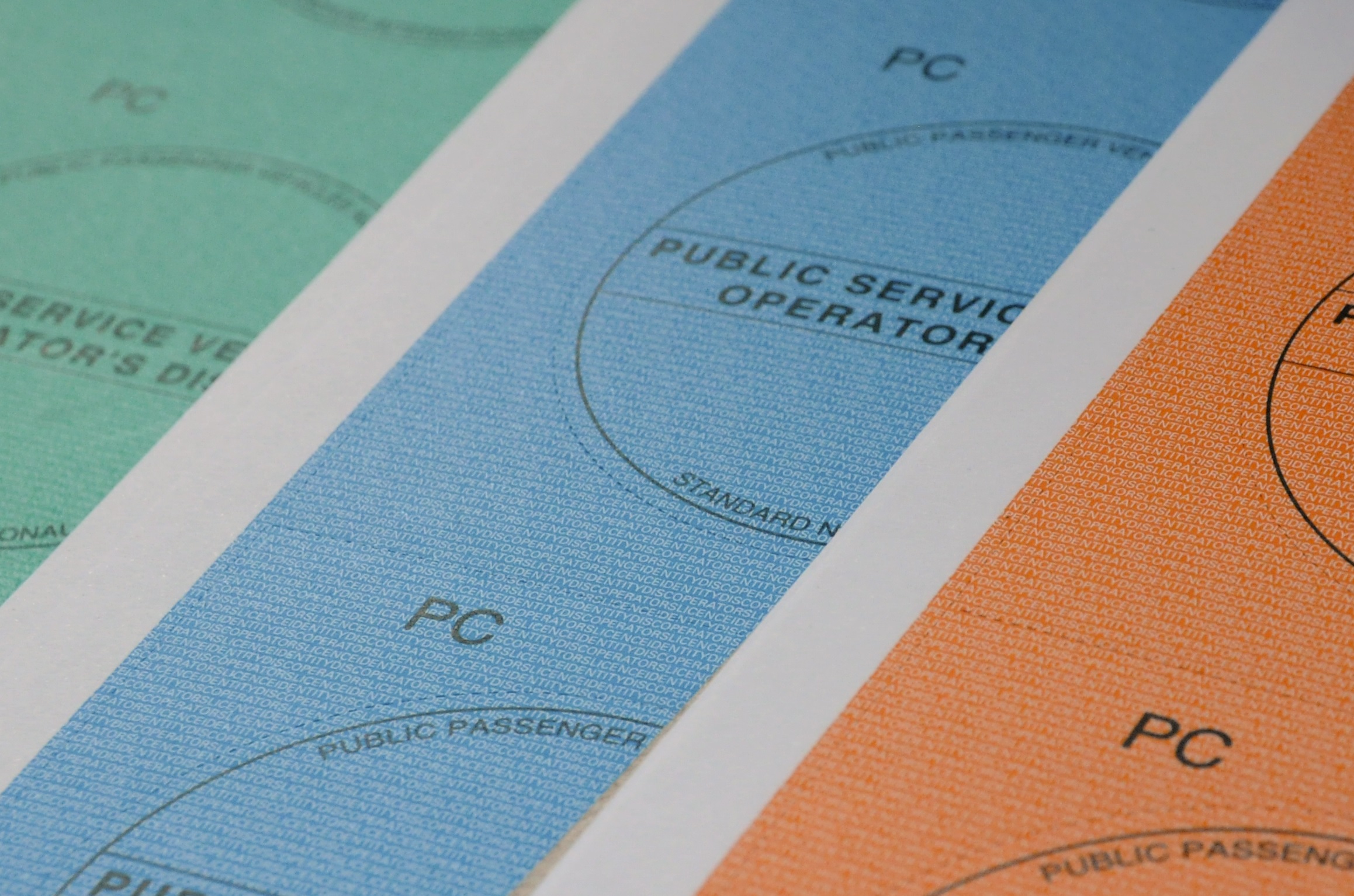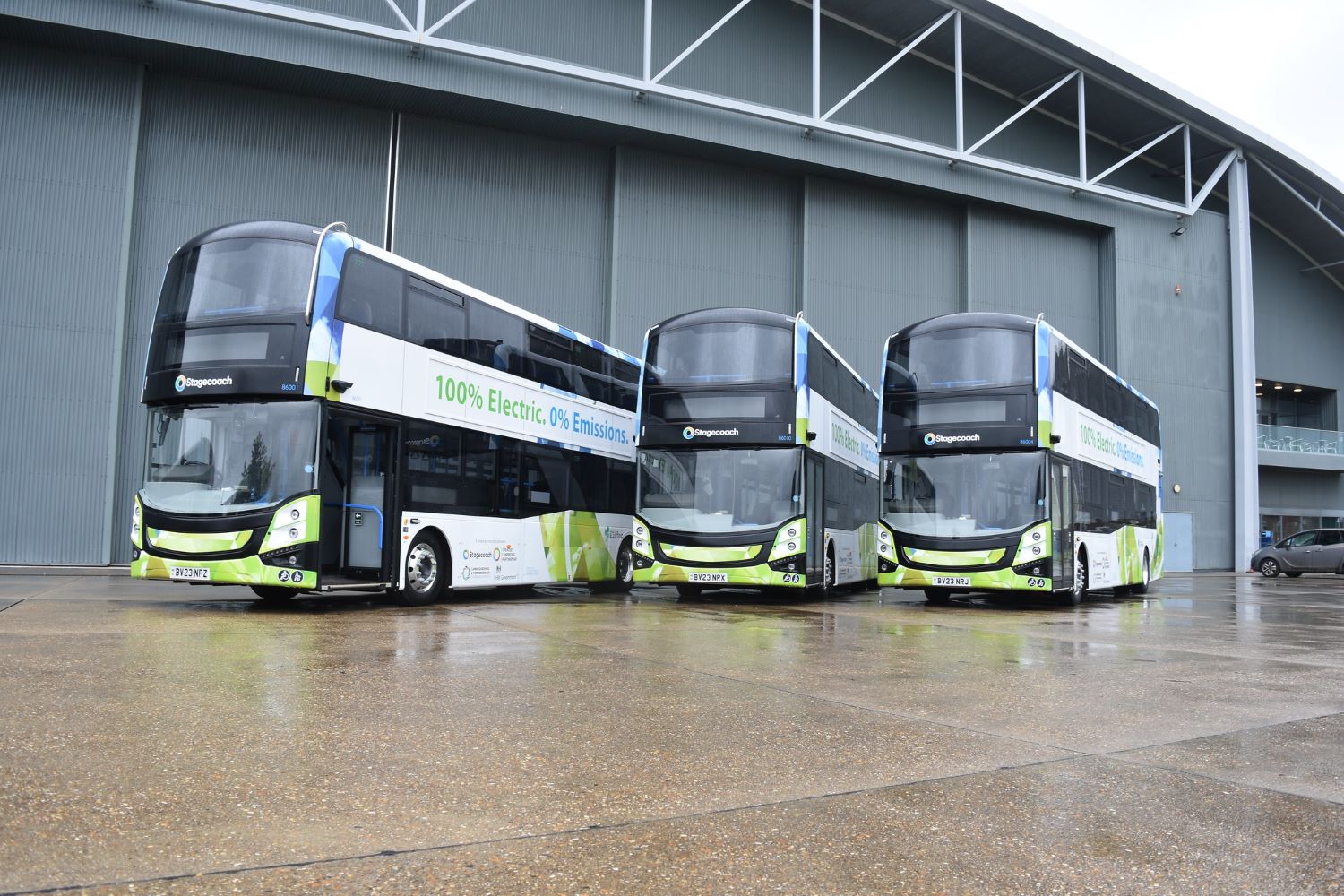Readers of routeone will be familiar with Mike Jewell’s reports of regulatory decisions made by the Traffic Commissioners (TCs), usually arising from Public Inquiries into the conduct of an operator or a Transport Manager (TM).
They will also have seen brief articles providing an update as operators and TMs have appealed the decision of a TC to the Upper Tribunal. While the role of the TCs is well known, the part played by the Upper Tribunal is more obscure. This article gives a brief account of the Upper Tribunal, its role, and its members.
The Upper Tribunal, which is also a superior court of record, is organised into chambers, one of which is the Administrative Appeals Chamber. Most functions of the former Transport Tribunal were transferred to the Chamber in 2009.
The Upper Tribunal hears appeals against decisions made by a number of first instance tribunals and certain other organisations, including the Traffic Commissioners for Great Britain and their equivalent in Northern Ireland, the Transport Regulation Unit (TRU). The Upper Tribunal is independent of the TCs, the TRU in Northern Ireland, DVSA and other regulatory bodies.
Mix of judges and non-legal members form the Upper Tribunal
The Upper Tribunal consists of judges appointed by the Crown and, in some areas such as transport, non-legal members appointed for their knowledge in road transport, whether haulage or passenger carrying.
Currently there are eight judges and eight non-legal members sitting in the transport jurisdiction. The non-legal members have a wide variety of backgrounds, but all have a very thorough knowledge of road transport regulatory law, its practical application, and many years’ involvement with the transport industry, whether as an operator or a supplier.

Once an operator or a TM has received the TC’s decision, they have one month to appeal to the Upper Tribunal. The key component of the appeal is “the grounds of appeal.”
The appellant has to show that the TC did not apply the law correctly, acted unfairly, or gave a decision that was plainly wrong.
The Upper Tribunal administration office compiles a bundle of all the documents in the case (including the original decision, call up letter and transcript of the Public Inquiry, if held, and the grounds of appeal), which is then sent to the appellant and the panel (the judge and two non-legal members) hearing the case three to four weeks before the date of the hearing.
Panel members take considerable time reading the bundle carefully, highlighting areas of particular interest including analysing how the grounds of appeal relate to the evidence, particularly the evidence the TC has used in coming to their decision; what the TC has found as fact; and how they have weighed the evidence in coming to their decision. The sanction applied to the operator or TM is also carefully considered.
Some appellants choose to be legally represented, and the bundle will then include written submissions prepared by the legal representative complete with citations of precedent or previous cases which have to be referred to and considered.
Statutory Guidance an important part of the Upper Tribunal work
The TCs’ Statutory Guidance is also important. Landmark cases often referred to include Nolan Transport T/2011/60 – which confirmed that “the independence of the Traffic Commissioners is recognised, valued and considered to be of great importance”; Martin Joseph Formby t/a G & G Transport T/2012/24, which states that TCs must be able to trust operators; and Bryan Haulage (2) T/2002/217, which considers proportionality of decisions relating to operators’ repute.
On the day of the hearing, the panel meets in advance to exchange initial thoughts on the key issues raised in the grounds of appeal based on the bundle examined.
The Chamber is based at the Rolls Building, a modern, purpose-built building in the City of London which is also the world’s largest specialist commercial litigation court centre, although hearings are often held outside London.

While the judge leads the case, the two non-legal members play an equally important role, often asking the appellant to expand on the grounds of appeal or to clarify the relevant issues.
The panel is conscious that it is the appellant’s appeal, and the appellant is given every opportunity to make their case.
Towards the end of the appeal, it is custom and practice to remind the appellant to be sure that they have said everything they want to say. Unless there is an absolutely compelling reason to do so otherwise, judgement is reserved and the appellant is informed that a decision will be forthcoming, usually in four to six weeks.
At the conclusion of the hearing, the panel retires to discuss the hearing and make a decision. The judge will send draft reasons for the decision to the two non-legal members for comment and potentially further discussion prior to the agreed decision and reasons being issued. The case is then concluded.
Further information on making an appeal to the Upper Tribunal can be found at: Appeal a Traffic Commissioner decision (UT12) – gov.uk.
Occasional openings for new non-legal members
From time to time, new non-legal members are recruited to the Upper Tribunal. Further eligibility can be found at: Eligibility non-legal roles – Judicial Appointments Commission. Applications are currently open, with a closing date of 12 September 2023.
A good non-legal member has an excellent knowledge of the rules and regulations applying to PSV and HGV operation, and best practice in applying them. Experience in the industry (either PSV or HGV) is required. Other key attributes include an enquiring mind able to identify key issues and listen to the representations made, although sometimes it is what is not said that is more important than said.
Decisions are collective and the ability to work well as part of a team is essential. Panel members sit approximately 10 times per year in a variety of locations, including London, Belfast, Cardiff, Edinburgh, and Manchester.



























